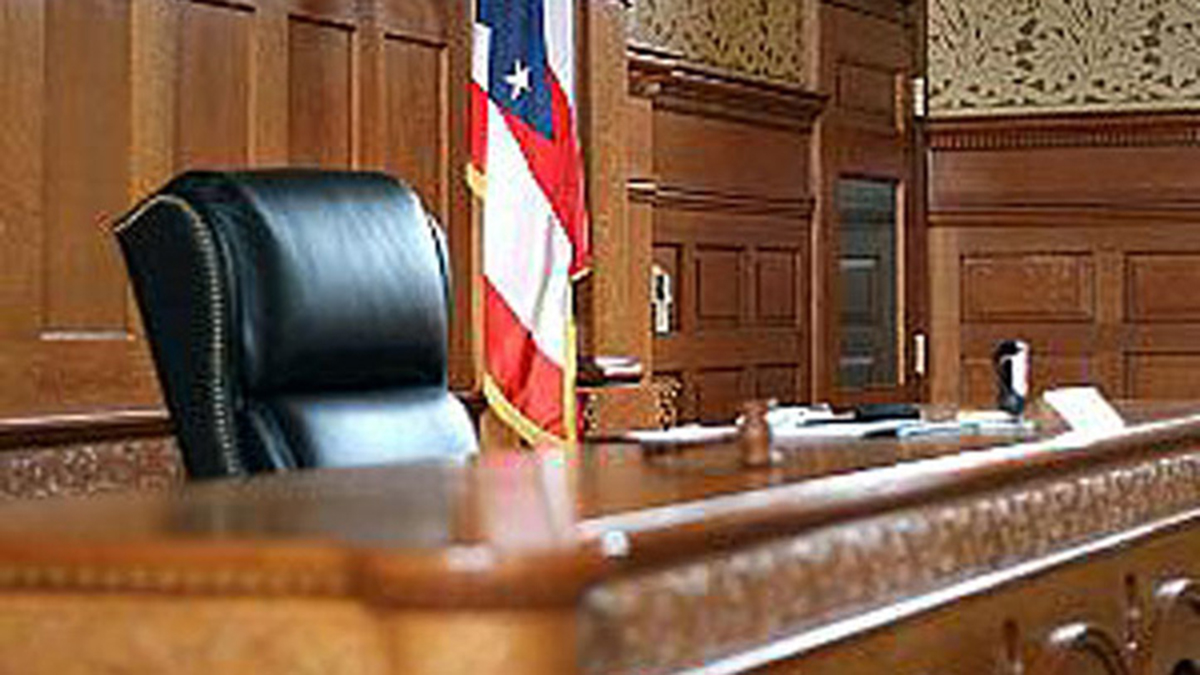
A Manhattan federal court jury returned a mixed verdict Wednesday in the trial of a New Jersey software developer who authorities said researched and photographed U.S. landmarks for possible attacks.
The jury was unable to reach a verdict on one terrorism charge — providing material support for a terrorist group — but found Alexei Saab, 44, had received military-type training from Hezbollah’s Islamic Jihad Organization, which is based in Lebanon.
Saab was also found guilty of conspiring to commit marriage fraud and making false statements. The Morristown, New Jersey, resident was exonerated on three other charges after a two-week trial.
Get Tri-state area news and weather forecasts to your inbox. Sign up for NBC New York newsletters.
Saab’s lawyer, Marlon Kirton, said much of the evidence came from what Saab himself told FBI investigators that was “un-credible, crazy, unsubstantiated information,” and which can’t be considered reliable.
Saab spoke with the FBI in 11 sessions over several weeks prior to his 2019 arrest, but was never read his rights, Kirton said in an email after the verdict.
U.S. Attorney Damian Williams highlighted the jury’s unanimous verdict that Saab was trained by a terrorist organization.
“The evidence at trial showed that Saab surveilled some of New York’s most iconic and highly trafficked locations,” Williams said in a statement, “in order to provide critical intelligence on how they could be most effectively attacked.”
Judge Paul G. Gardephe questioned whether the terrorism count conviction will stand based on rules about how the statute of limitations pertains to terrorism charges. He asked lawyers on both sides to submit written arguments within weeks about the charge, which has a potential maximum penalty of 10 years in prison.
Gardephe said he wanted to know if it was the intent of Congress that there would be no limit to how long the government could wait to bring charges against someone who received military-type training from a terrorist organization.
Prosecutors were also given a week to decide whether to seek a retrial on the material support charge, which carries a potential penalty of up to 20 years in prison.
The other two convictions for conspiring to commit marriage fraud and making false statements each carry a potential penalty of up to five years in prison.
Prosecutors say that, according to Saab, he joined Hezbollah in 1996 and once tried to kill a man he later understood to be a suspected Israeli spy by pointing a weapon at the individual at close range, but the firearm jammed. They said he surveilled potential targets for terrorism attacks from 2000 to 2005 while working by day as a technology software engineer.



